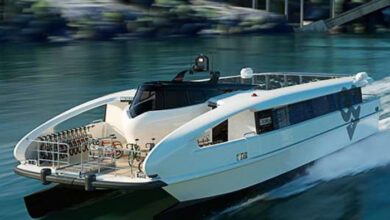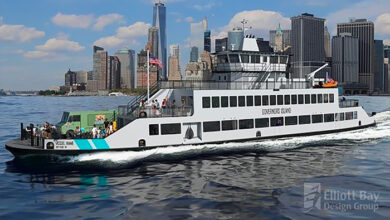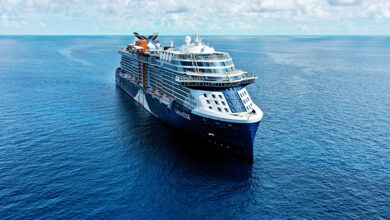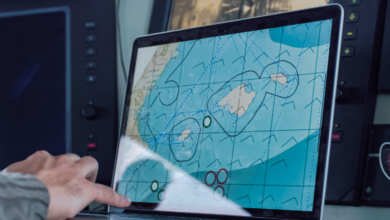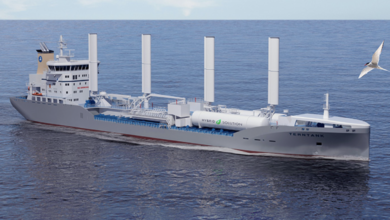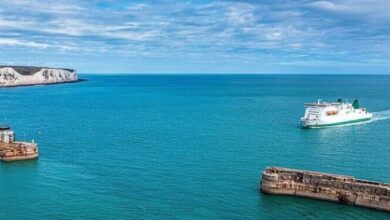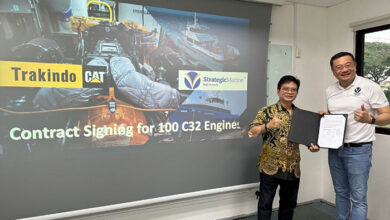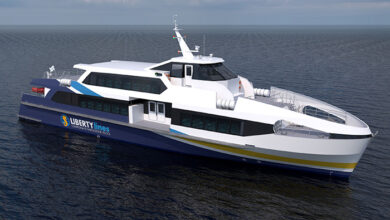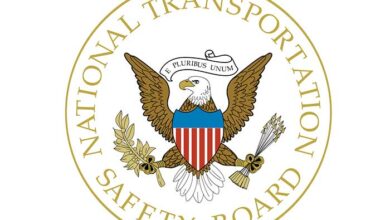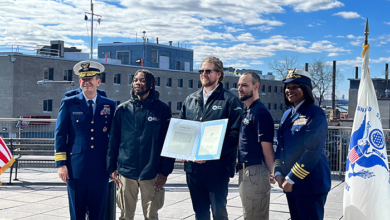HomeNewsShipping News
Shipping Lines : Maersk advises logistics planners on hurricane season preparation
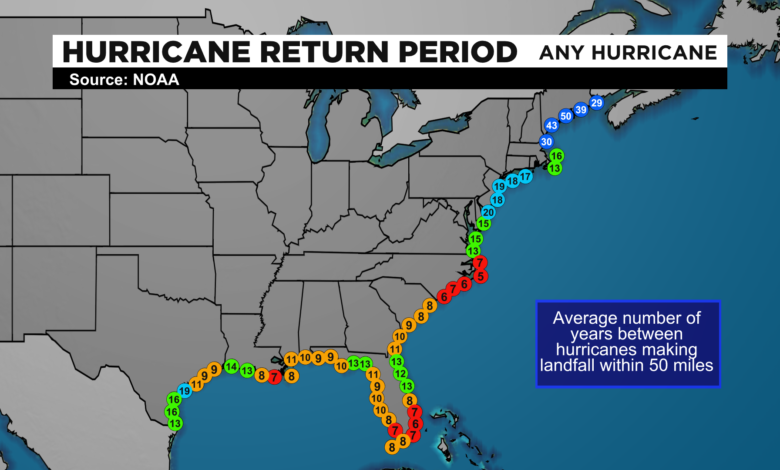
The Atlantic hurricane season runs from June 1 – November 30 and marks one of the seasonal supply chain disruptor events that require a logistics gameplan in advance and Adhoc decision-making once storms appear in the early stages before they develop into hurricanes, according to Maersk’s release.
Last year, the Atlantic hurricane season ranked as one of the most active and fifth costliest on record. The season featured a total of 31 subtropical cyclones of which 30 became named storms with 14 developing into hurricanes, and a record-tying seven further intensified into major hurricanes.
With the global pressure seen on today’s supply chains, it is more important this year perhaps than any in recent history to plan ahead with suppliers and logistics service providers to put contingency plans in place as early as possible to mitigate the effects of seasonal climate risk.
Maersk Special Project Logistics is a standby response partner for FEMA (The Federal Emergency Management Agency) – part of the US Department of Homeland Security – and also participates in the National Business Emergency Operations Center (NBEOC) alongside many other private sector partners in support of FEMA’s National Response Coordination Center before, during and after major disasters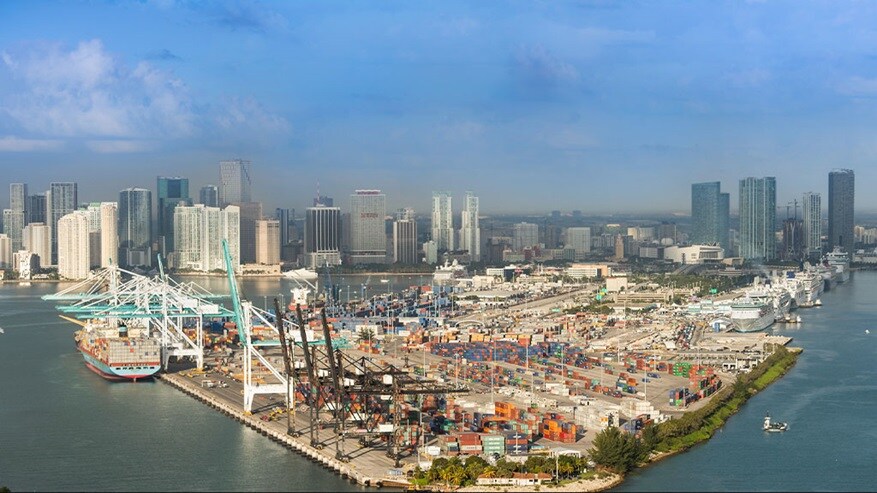
At the regional level, Maersk also works with the Caribbean Disaster & Emergency Management Agency (CDEMA) as a supporting partner for technical and transport assistance across 19 Caribbean nations and provides technical assistance to the Organization of American States InterAmerican Committee on Ports for disaster preparedness and business resiliency.
At the port level, APM Terminals leaders work with shippers and truckers – along with the U.S. Coast Guard (USCG) to calibrate container terminal operations to USCG Captain of the Port directives for storm preparation
Customers are encouraged to expedite the delivery of import loads prior to storm impact. Refrigerated containers are especially important to monitor and ensure gensets are attached or other reliable power supplies are in place should there be power outages. (Customers can use the Maersk app called Captain Peter to remotely monitor the temperature inside their containers and location status.
The app has seen a fivefold increase in usage since COVID-19). Container terminal handling equipment storm preparation measures are also implemented based on storm severity.
These include gantry crane tie-downs and emergency brake systems activated and empty container stacks kept low in height and placed close together to prevent wind forces.




